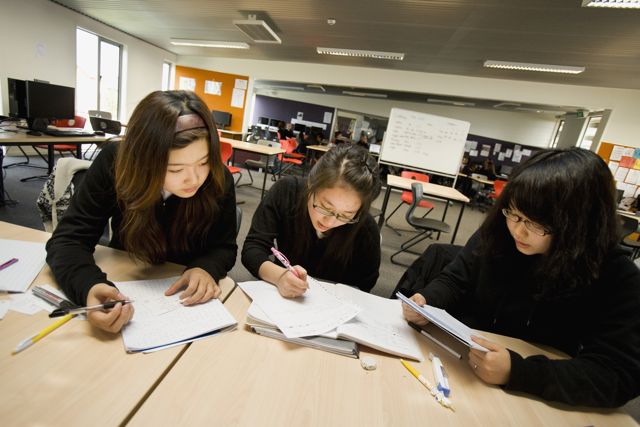Making Connections
As a history teacher, I was overjoyed to find that this course had a significant focus on critically examining the past. Although the technologies discussed in assignment two were introduced into very different social, environmental and political landscapes, the complex relationships between communication, economics and politics that were explored were strong evidence of a theme of unpredictability. Whether it is the scroll, printing press, billboard or telegraph, the visions of individuals collide with investors, competitors and patent offices. As technologies are released to the public, the uses and applications of the technology become even more unpredictable as crowdsourced knowledge and creativity steer ideas in new directions.
As the course moved towards the current age of electronic text, I could see even more evidence of complex power relations impacting the way we communicate. Jiorns discussion on the legal battles being fought with Google (https://blogs.ubc.ca/etec540summer15/2015/05/30/from-papyrus-to-blog/) and the economics that drive the corporation show that lawyers, lawmakers and marketing will compete to steer digital media in directions that favours their own ambitions.
Unlike many of the historical examples, broad access has blurred the line between the professional and amateur, meaning new media has a much larger group of diverse users and authors to offer alternative perspectives and goals. This access affects educators greatly as the growth of multiliteracies is directly experienced by students of all ages. Students may learn dozens of authoring and reading tools throughout their schooling and they may all be obsolete or bankrupt shortly after they graduate. Even when text technologies get replaced and are remediated by newer technologies, the mountain of articles and resources produced live on in the digital cloud. And after completeing assignment 4 on social bookmarking (https://blogs.ubc.ca/etec540summer15/2015/08/02/assignment-4-social-bookmarking-literacy-and-the-information-explosion/), I think that years from now it will be interesting to look back and critically examine the social, political and economic landscape that shaped how we searched and shared the growing mountain of information.
Brendan Clark


Great reflection Brendan! I love your final statement. I too am looking forward to looking back and reflecting on how things have changed. I have also enjoyed the historical aspect of this course – and love seeing how all our different backgrounds and jobs come together to explore the same topic!
Brendan – I too, enjoyed the “connections” you made in your post. I can imagine as a history teacher, that this course was somewhat “made for you”. Giving context and reviewing the historically development of literacy and text technologies is crucial for us all to engage in. There is a lot to learn from our past regardless of the subject matter. Your comments were thoughtful and greatly appreciated!